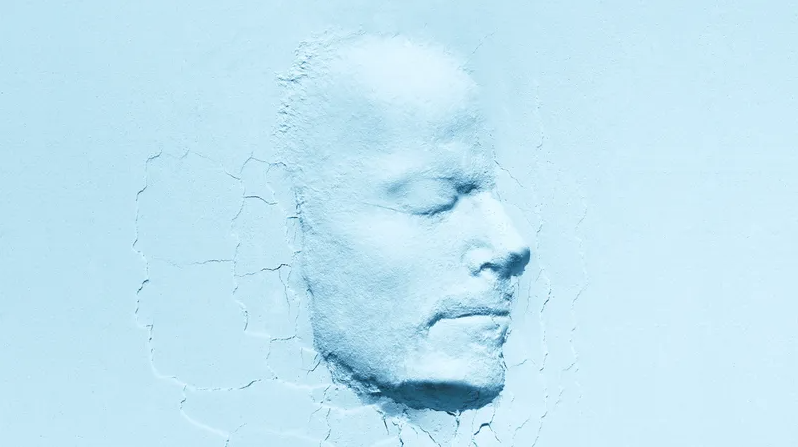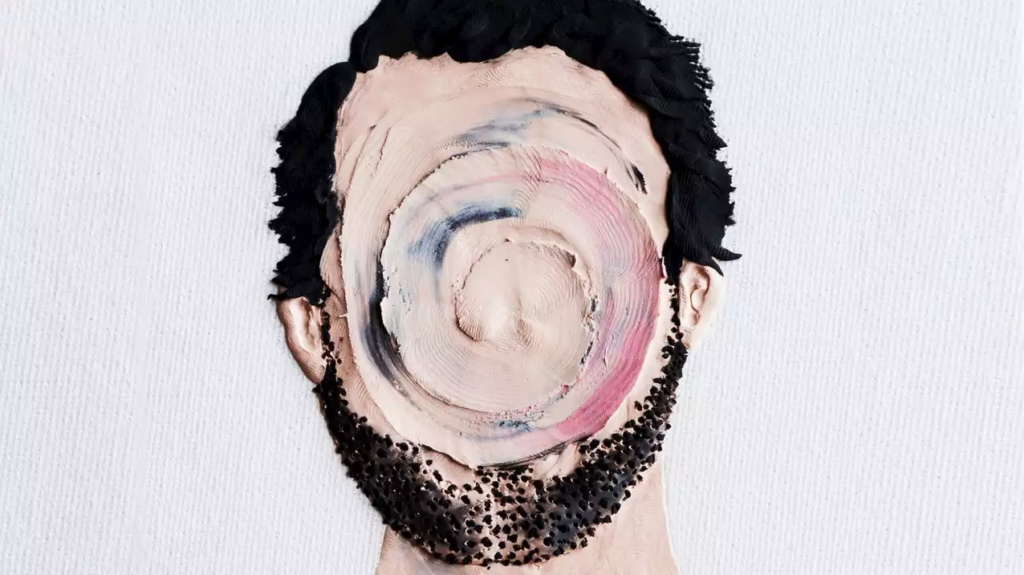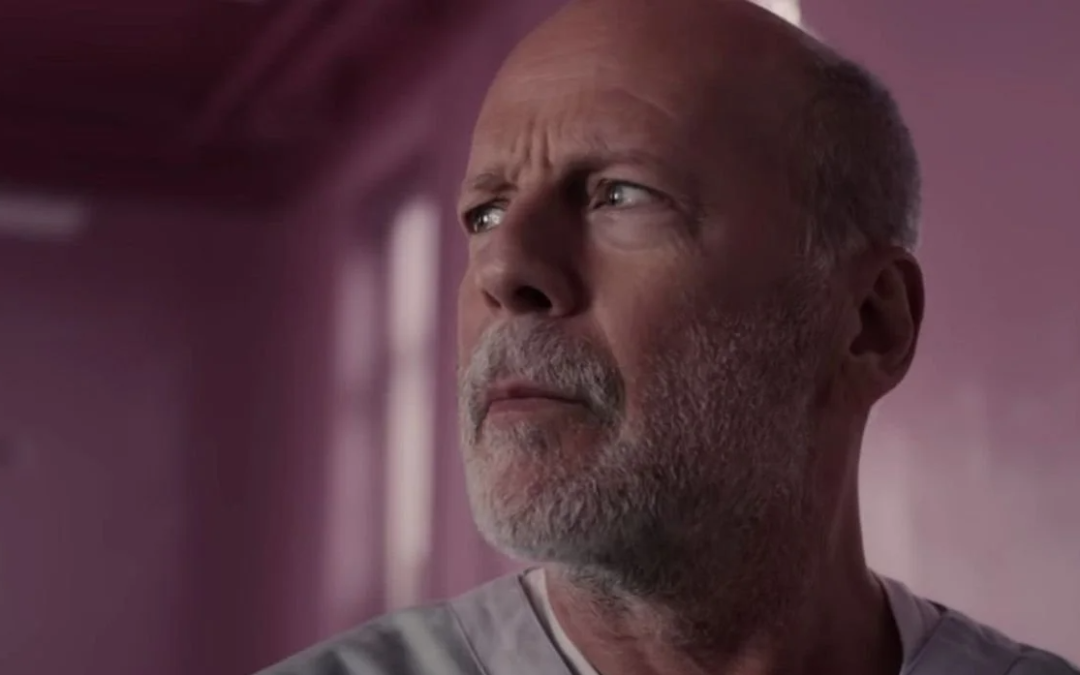No one seemed to know who owned Bruce Willis for a few days in late September.
According to the British newspaper The Telegraph, Willis, who has retired due to aphasia, digitally reincarnated his career by selling performance rights to a company called Deepcake, which used artificial intelligence technology to map his face onto another actor. Soon after, representatives for Willis stated that the Die Hard star had done nothing of the sort and had no relationship with Deepcake, despite the fact that the company’s website featured a complimentary quote from the star.
The episode raises many questions, not the least of which is the meaning of identity in an age when one’s image can be so easily faked. So I went straight to the source, speaking with Deepcake’s founders. The two-year-old Georgian startup is the brainchild of Ukrainian-born CEO Maria Chmir, a marketing executive, and Alex Notchenko, who holds a doctorate in artificial intelligence.
Chmir told me that the company never claimed Willis’ future rights, but instead had a previous and mutually beneficial arrangement in which Deepcake digitized his appearance in a 2021 ad for Megafon, a Russian cell network. Deepcake’s plan to serve customers who want to digitally clone humans includes the Willis ad. “We are one of the market’s first to be commercially successful in the field of legal deepfakes,” Chmir says. “However, we dislike this word. These are digital twins or replicas.” (I was curious why, if she didn’t like the word, she named her company after a variation of it, but whatever.)

How advanced is that technology? Let’s listen to the tape. In the Megafon commercial, a person who looks unmistakably like Willis, even though you know it’s not him, is one of two hostages tied to a ship mast, next to a digital clock ticking down seconds before a bomb goes off. While the figure has Willis’ face, it lacks his trademark insouciance. This Willis, for some reason, has a different voice—a gruff bark that speaks Russian. Still, it looks like Willis—digitized and generated by algorithms trained on 34,000 images from his previous films, according to Chmir.
Willis was deepfaked, according to Chmir, because he wasn’t available to travel, but the process makes economic sense as well. While leasing an actor’s rights may cost about 30% less than the standard appearance fee, she claims that even bigger savings come from the lower costs of filming a cheap actor-double rather than a superstar, who requires first-class travel, a large trailer, and ridiculous contract riders.
But Deepcake isn’t just impersonating celebrities. They recently completed a project for an agricultural company that wanted to create educational videos featuring its in-house expert, a busy person who is uneasy in front of a camera. Deepcake converted video of an understudy in an exact duplicate with the subject’s permission. “Of course, we cloned the voice for complete similarity,” Chmir says.

That appears to be troubling. Don’t the people watching this stuff have a right to know that they’re watching a fake, or “twin,” rather than the real thing? “Absolutely! Notchenko believes that there should be responsible disclaimers. However, there was no such disclaimer in the Willis advertisement. Notchenko explains that no disclaimer was required because the fake Willis, who is 67, looks exactly like he did when he was younger. He also has a smartphone, which the younger Willis did not have. Chmir, on the other hand, claims that 80 percent of those who watched the video thought it was Willis.
Deepcake is far from alone in impersonating famous people. We’ve already seen major characters in blockbuster movies who were never required to respond to a call sheet. Death appeared to have no power to prevent Carrie Fisher from reprising her role as Princess Leia in Rogue One. In Furious 7, Peter Jackson’s Weta Digital studio resurrected the late Paul Walker to ride again. The techniques for mapping an actor’s face onto a stand-in are improving all the time. Three Disney Research Studios scientists published a paper in June 2020 describing “an algorithm for fully automatic neural face swapping in images and videos.” They claim that their system clearly crosses the dreaded uncanny valley, where fakes fall short of convincing.
Deepcake’s Chmir says the company’s technology was recently used in a film screened at the Cannes festival and that the company is currently working with other celebrities, including Jean-Claude Van Damme. She wouldn’t say whether the 61-year-old actor and martial arts fighter is being played by a younger version.
Despite the attention paid to actors when it comes to deepfakes, Hollywood is actually the least contentious arena for this technology. Movies have already crossed the digital divide, with anything in a given shot having the potential to be computer-generated or real. The real danger from AI-generated faces will be when they infiltrate our daily lives.

